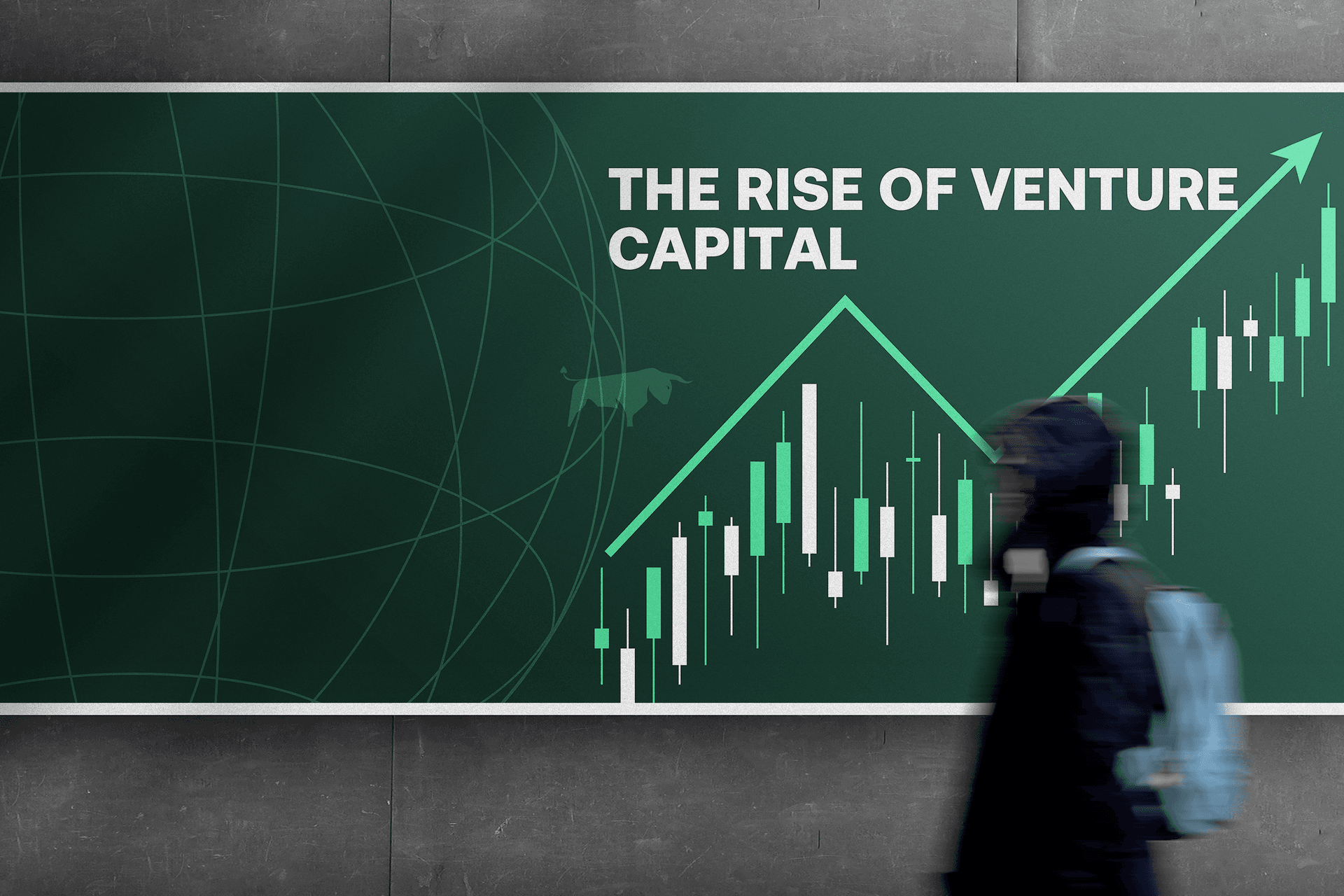COMMODITIES STRIPPED FOR PARTS
Why are we so valuable to companies, why do they work so hard to invade our privacy.
This is an article that I hope people can connect with, because this is the very thing that we need to make maximum effort to change. When people think about commodities, people tend to think about gold, oil, and other valuable goods that are traded every day, but I don’t think people realise what actually constitutes the biggest commodity on the planet. If someone had asked me this question 10 years ago, I’d have probably given the same answer as most people—gold. I have come to realise very differently now that beyond a shadow of a doubt, the biggest commodity in the new and emerging connected world we are entering is:
People are the most valuable commodity to every online company in the world. People are the most valuable commodity to governments because of the vote. And people are the most valuable asset in a manual workforce.
When the internet was in its infancy, the development community was an enormous force for change and good. Everything was done in the spirit of cooperation and open source. But the inevitable was bound to happen. Monetization entered the internet space, and effectively broke it.
Whatever your political view, your sexual orientation, your religion, your ethnicity, your career, your age, and every other aspect of your identity, it is now for sale. Data driven companies will data mine every aspect of your life. They will strip you part by part and sell you to the highest bidder.
In the beginning, this was great for you! It just made recommendations of what you may or may not like, it told you about useful things in your area, and it left us thinking “This is great! I’d never have thought to read that author/try that restaurant/buy those shoes” kind of thing.
However, as time went on, you became these companies’ main source of income. This meant that it had to escalate as they grew. They have shareholders to keep happy, they needed more and more parts, and so they started to gather more and more data. This then became borderline infringement of your personal data. It then started to creep into your private data, and your personal life was invaded bit my bit.
All of a sudden, every piece of information about you was known. Then the third party buyers come in. You become targets of advertising and political views — sometimes to get you to buy something, sometimes to force an opinion or reinforce a suspicion you were researching, sometimes to literally steer your thoughts, your ideas, your opinions, and your lifestyle habits.
All of this adds up to gross manipulation. If a political party isn’t trending well, you will see a campaign against their opposition, which will be targeting a specific demographic (as seen with Cambridge Analytica). If a product isn’t selling well, you will see increased targeted advertising again, aimed at the demographic that is likely to be most easily persuaded into supporting or buying it. You may then, for example, buy a Pepsi instead of Coke, or vote in another way, or believe a series of events portrayed as “facts”, but which is actually serving a specific purpose in trying to adjust your thoughts, perceptions, or views on “reality”.
We have allowed things to become this way because we openly share everything we own, which is our data. This is critical to remember: it is OUR data. What we Google, or the way we vote, or the religion we follow are all personal choices that are being “weaponized” by large corporations because we are effectively giving away to them our most valuable asset — our data.
We need to change this. We need to have products with no incentives. Likewise, we view these as basic rights, like the right to breathe the air without worry. You should be able to use your phone without worry or your computer without having that feeling that someone is always watching over your shoulder.
I love the idea of wearable tech, especially for use cases like safety of children or pets. If something happens, I’d certainly want to know that they could be found in an instant. But at the same time, I’d want to know that data could never be abused, and that’s the thing we never know. We never know the extent of the infringement of our data.
It is always the case that big money talks, and big money enables people and companies to buy into ideas and new concepts, and then have the power to manipulate and control them. This once again leaves the “man on the street” at the mercy of the money men. This comes down again to VC funding or large companies with massive capital that can deploy these solutions. However, what can we do as individuals? Individually we can’t compete with these funding sources, but together there is no limit to what we can build and develop. We need to level the playing field. We must start to take back control of our own data and of our own lives.
Not only that, but we want to create a massive, large open source community with the best and brightest minds, and together we can achieve that. We can hire the best, we can build the best, and we can do so much good to help take back control of our own future.
We need to develop like we used to in those wonderful initial days of the internet. Furthermore, we need to build products with no incentive. We need to view these products as basic rights that can’t be weaponized the way they are being weaponized at the moment.I am well aware that the door swings both ways, and the very thing that impedes personal privacy does indeed do good as well. So we need to find a grand compromise that works for all parties, and more importantly we need to prove that there is a better way.
As a result of our personal data being bought and sold and traded, we have become targets of massive scams and countless spam mail. Unfortunately with next to no cost, people can spin up scams and blanket our emails with millions of unsolicited scams, and only 0.01% of those receiving the scam need to fall for it to make it insanely profitable.
Together we can build and develop solutions that are for users and not shareholders, because we can develop a space in which the users are the shareholders.
Recommended Posts

DOLLAR DOMINANCE
An article on a rapidly changing world and where the Dollar sits in a digital age.
CommunityApr 11, 2023 / Simon Adams
WEB 3.0: THE RISE OF THE VENTURE CAPITALIST
We need a different approach to how we fund companies and start-ups, we need to level the field and take ownership of the tools we use.
CommunityFeb 17, 2023 / Simon Adams